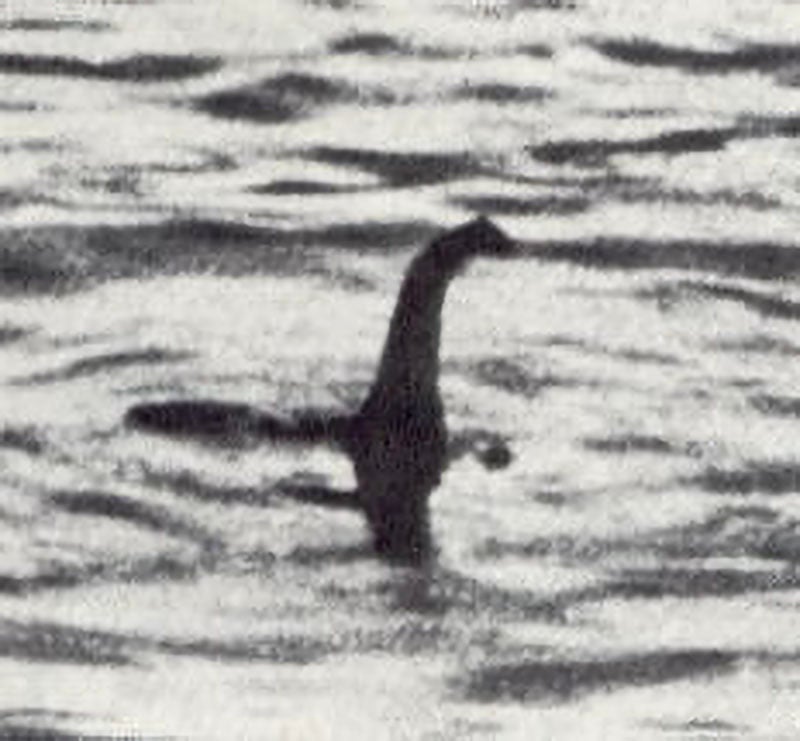![]()
NASA has been urged to offer its “advanced imaging technology” to help in a new search for the Loch Ness Monster.
The Loch Ness Monster, or “Nessie”, is a folklore creature that lives in a giant freshwater lake in Scotland and thousands of people are determined to prove the mythical beast’s existence.
The Loch Ness Centre in the Highlands has now asked space agency NASA, and other scientists and universities, to lend their expertise in a new hunt for the monster.
“We are hoping that Nessie hunters around the world will help us reach the people at NASA,” Aimee Todd from the Loch Ness Centre tells Sky News.
“We have gone to U.K. universities. We are hoping that experts from NASA might have some advanced imaging technology to scan the loch.
“We would have to sit down and talk to them about how to get it here.”
The latest search will take place from May 30 to June 2. Volunteers during the new search will be tasked to keep an eye on the surface, looking for breaks in the water. They will be briefed on what to look out for and how to record findings.
Those unable to make the search in person can get involved through the live cameras on the Visit Inverness Loch Ness website.
This latest initiative follows a search by hundreds of people in 2023 which deployed the latest technology including thermal drones and infrared cameras.
Does the Loch Ness Monster Exist?
The story of the Loch Ness Monster dates all the way back to the sixth century but the modern-day legend began in 1933 when a hotel manager reported seeing a “water beast” in Loch Ness, which is the largest freshwater lake in the United Kingdom.
Since then, there has been a spate of alleged sightings leading to a worldwide fascination with Nessie. In 1934, a famous black-and-white photo purporting to show the monster was published.

Known as “the surgeon’s photograph” it was debunked 70 years later when it was revealed that it was actually a 12-inch-high model made from plastic wood and a toy submarine.
Scientists believe that some of the sightings are probably down to a seal or a giant eel.
